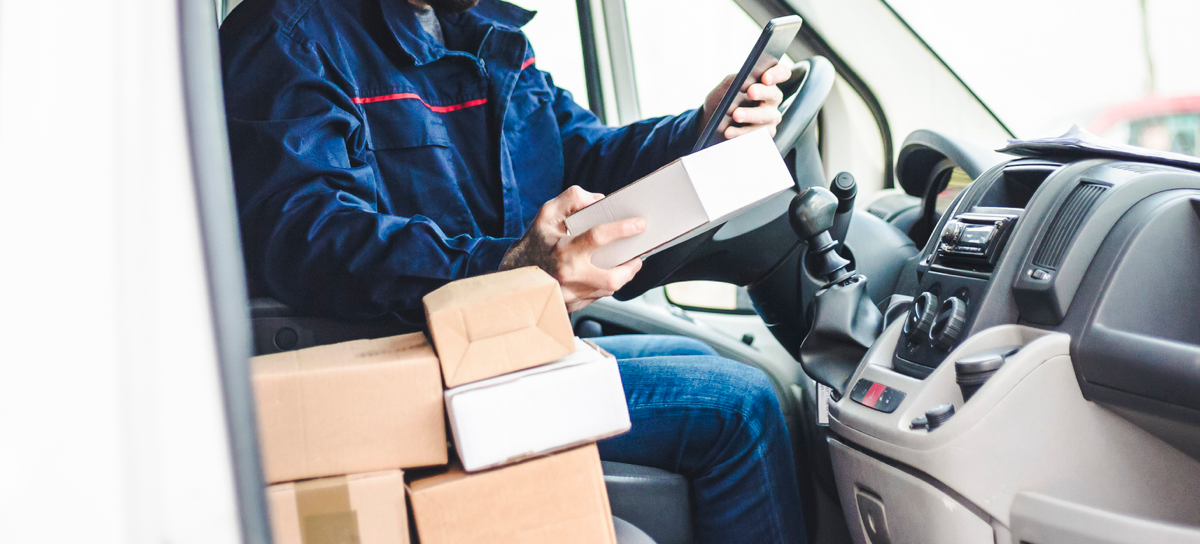Retailers have had it rough, to say the least. With Brexit and the pandemic causing a wave of uncertainty, brands saw themselves facing never before seen challenges. As a result, customer service teams and operational agility were pushed to their limits, picking up the pieces with frustrated customers due to supply chain and workforce shortages.
With thousands of front-line workers ‘pinged’ to self-isolate, the same problems of empty supermarket shelves, delayed deliveries, and stretched customer service teams we saw in the peak of March 2020, appeared once again. What first seemed like a viable solution to make people safer, soon had a damaging effect on the supply chain.
Now, with changes to the app made, the number of people ‘pinged’ has thankfully fallen, and policy updates mean that those double jabbed, no longer need to self-isolate. Despite this, the battle is far from won and retailers still need to emerge from these challenges in a more robust and agile position.
With brands setting the bar higher than ever before, COVID, Brexit and the ‘pingdemic’ are no longer excuses for a bad delivery experience. But what steps can retailers make to mitigate risk and protect the experience for their customers?
Step 1: automated tracking
Royal Mail recently reported disruption to deliveries in 12 different postcodes across the UK after a wave of staff were forced to self-isolate. With many other companies following suit, there was also another kind of wave – that being a surge of angry customers, without any knowledge of where their deliveries could be.
Ultimately, leading them to pick up the phone and ask ‘where is my order?’ to customer teams. If a customer’s delivery is going to be late, they want to know about it ahead of time rather than being the one to chase for updates – and this is where automated tracking can save the day.
Similar to fast Wi-Fi or running tap water, branded tracking should be basic hygiene. Yet in a recent study conducted by sorted.com, it was found that only 36% of retailers have branded tracking on their app or website, while 18% of retailers do not offer any tracking at all. With disruption always on the horizon, automated tracking is now crucial, especially when it comes to staying one step ahead of the customer.
With automated tracking, retailers can keep customers informed at every point of the delivery journey, meaning they know where their delivery or return is before they even need to ask. This is already doing wonders for some brands. MusicMagpie, for example, successfully slashed their “where is my order” contact enquiries by 63% after they incorporated automated tracking. In turn, this reduced the pressure on contact centres, all while protecting customer loyalty and confidence.
Step 2: ready for the unexpected
If retailers have less staff on the ground, those who can work need all the help they can get with automation. To drive the most efficient operations, brands need to be more informed with access to data. After all, a more informed business means a more successful one. Better informed CX teams leads to better support for customers, so accurate insights are vital for quick crisis management.
While the pandemic has been a case of unprecedented disruption, other unexpected factors (such as weather and traffic disruptions) are inevitable. No two days are ever the same in logistics. From a snowstorm to blocked motorways, anything can crop up so having the insight to act fast and make changes is critical.
This is why retailers must stay ahead of the game and be prepared to deal with any sudden issues to protect brand reputation and customer loyalty. To do so, delivery performance reporting can be incorporated to keep teams up to date with any problems or issues that can appear across multiple carriers. To be as proactive as possible, teams can set-up escalation management, such as alerts and warnings, to be notified of any missing or late parcels. With 1 out of 5 of customers less likely to shop with a retailer online again following a bad delivery experience, proactivity is therefore crucial to brand loyalty and customer satisfaction.
Step 3: better insight
No matter how prepared you may be, disruption is often inevitable, so customer service representatives must be ready to deal with any unpredictable issues. As such, it’s crucial for teams to be fully informed with access to any necessary data insights all in one place to offer quick solutions. For instance, with an interactive dashboard, teams can highlight any issues by severity, so prioritisation is clear. It’s bad enough for customers to be left in the dark, but for teams to be clueless about the status of a delivery or return too, will be self-destructive for a brand.
Even better, today’s digital age means customers can look up information on their own with ‘self-serve’. Rather than getting in touch with contact centres, customers can access the specific information they need, wherever they are in their post-purchase journey. This eases the pressure of customer service teams, allowing them to focus on more complex issues. With 73% of customers saying that valuing their time is the most important thing a company can do to provide them with good online customer service – self-serve provides an answer to your teams’ prayers.
The bottom line: be proactive
The past year has been a challenging time for retailers, but the ‘pingdemic’ won’t be the last of their problems. To be more prepared, brands must now adopt the right tech and be equipped with actionable insights to reduce the pressure on teams and deliver the best service possible.







